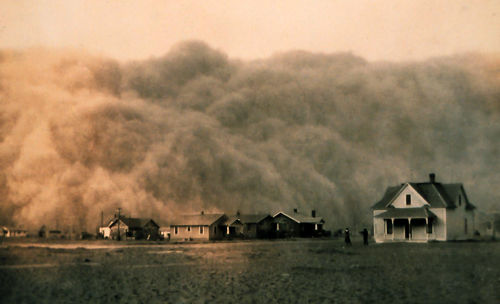Rumored whereabouts of Jimmy Hoffa’s body:
- Buried in northern Michigan
- Buried under the New Jersey Turnpike
- Buried in an abandoned coal mine near Pittston, Pa.
- Buried in Fresh Kills landfill, Staten Island, New York
- Buried under the end zone at Giants Stadium in New Jersey
- Buried in PJP Landfill in Jersey City, underneath the Pulaski Skyway
- Mechanically converted to cement
- Dissolved in an acid tank used to rechrome car bumpers
- Rendered into fat at a rendering plant
His body has never been found, and in 1982 he was declared legally dead.
Ironically, his middle name was Riddle.


